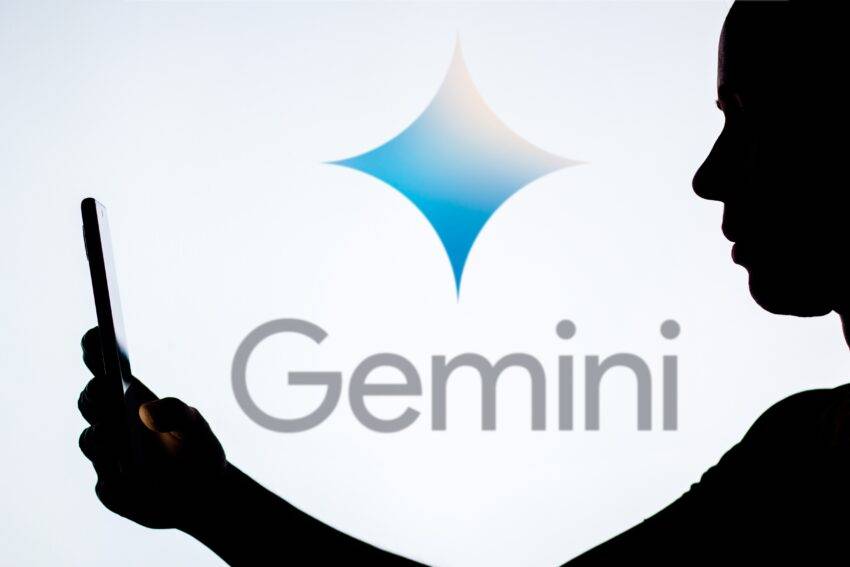
Google has confirmed that it is implementing restrictions on the types of election-related queries users can pose to its Artificial Intelligence (AI) chatbot Gemini.
This policy has been introduced in India, where elections are set to commence in April. The move aims to mitigate potential controversies surrounding AI technology.
Gemini functions as Google’s counterpart to the popular chatbot ChatGPT, capable of responding to text-based questions and generating images. A Google spokesperson informed the BBC that this recent action aligns with plans announced last year regarding the company’s approach to elections.
“As we shared last December, in preparation for the many elections happening around the world in 2024 and out of an abundance of caution, we’re restricting the types of election-related queries for which Gemini will return responses,” the spokesperson stated.
Given the upcoming elections in various countries, including the US, UK, and South Africa, Google’s move underscores a proactive stance towards election-related content. When questioned about these elections, Gemini directed users to “try Google Search” while it continues to learn how to respond.
However, when prompted with inquiries about Indian politics, Gemini provided more detailed responses regarding the country’s major political parties.
The advancement of generative AI has raised concerns about misinformation, prompting governments worldwide to consider regulating such technology. India, in particular, has informed technology companies that approval is necessary before releasing AI tools deemed “unreliable” or undergoing trials.
In February, Google faced criticism after its AI image generator inaccurately depicted the US Founding Fathers, including a black man. Similarly, Gemini produced images of German soldiers from World War Two, erroneously featuring a black man and an Asian woman. In response, Google promptly “paused” the tool, acknowledging that it “missed the mark” in a blog post.